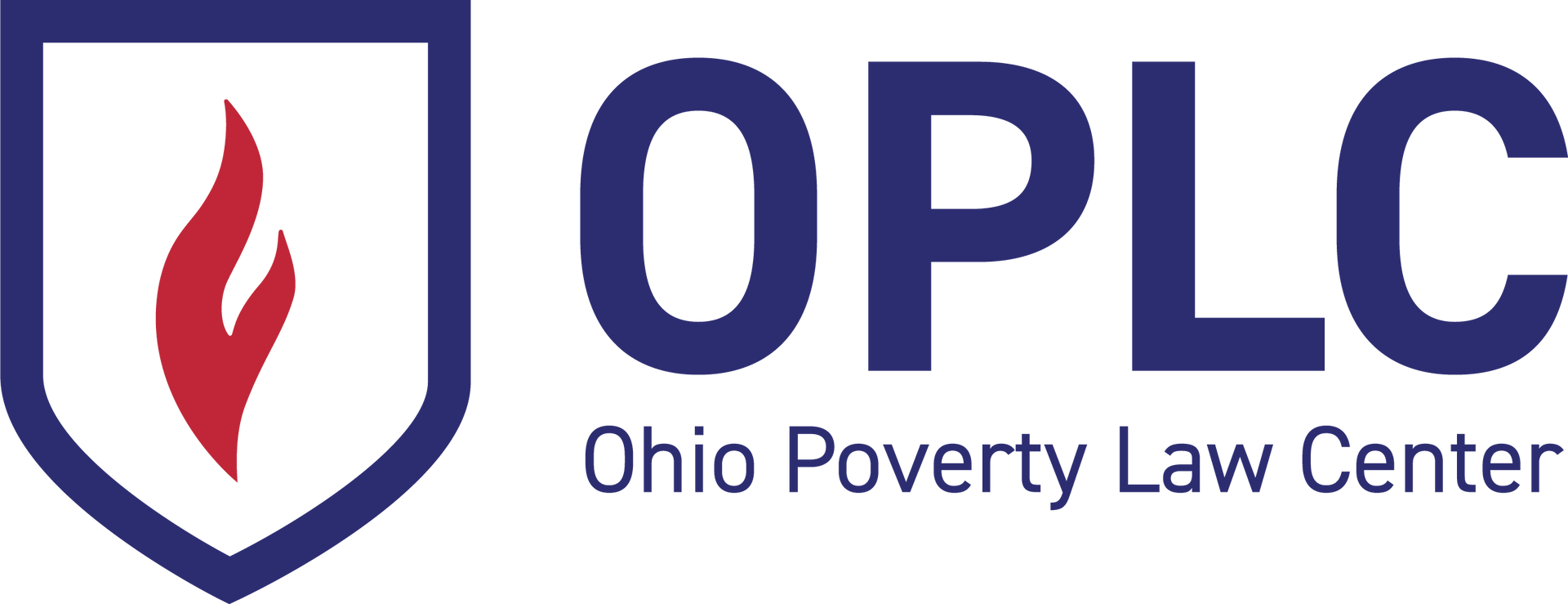UNDERSTANDING PREPAID DEBIT CARDS – STARTING UP THE LEARNING CURVE
On July 25 the Ohio Poverty Law Center sponsored “Law and Economics of Poverty”, a training for legal aid attorneys in Ohio, at which many of us were introduced to prepaid debit cards as an alternative to conventional banking. Also referred to as general purpose reloadable prepaid cards (GPR prepaid cards), these cards are relatively new financial products that can offer some attractive features to a number of different consumer groups. Low income families or individuals using Ohio Direction cards for Supplemental Nutrition Assistance Program benefits, Eppicards for Ohio Works First benefits, and ReliaCards for unemployment compensation are already using reloadable prepaid cards, although these cards are not general purpose cards. As all who work regularly in public benefits know, the US Treasury is phasing out paper check payments and requiring all recipients of federal benefits to get their money electronically. The Treasury’s website, www.GoDirect.org, has a giant clock counting off the seconds until March 1, 2013. If recipients have not chosen a form of electronic payment by that date, they will receive their payments via the Direct Express Card – a prepaid debit card. As our client population moves into the age of electronic benefits and payments systems, we as advocates need to understand the benefits and pitfalls of these money-managing tools.
As is the case with many new financial products, GPR prepaid cards have been on the market for a number of years, but only recently have been the focus of potential regulatory attention. On March 14, 2012, David Rothstein, one of two presenters on prepaid cards at the July 25 training, testified before the Senate Committee on Banking, Housing, Urban Affairs Subcommittee on Financial Institutions and Consumer Protection regarding issues in the prepaid card market. On May 24, 2012, the Consumer Financial Protection Bureau (CFPB) issued an advance notice of proposed rulemaking, seeking input on GPR cards. The National Consumer Law Center (NCLC), joining with the Center for Responsible Lending and the Consumer Federation of America, submitted extensive comments and recommendations to the CFPB.
The use of prepaid cards is not evenly distributed across the population, and the largest numbers of prepaid card users are members of the vulnerable populations we serve: lower income, unbanked or those with less access to traditional banking facilities, recent immigrants, consumers in fragile economic situations, and younger, less educated and less experienced consumers. Rothstein’s testimony and NCLC’s comments focus on two main points: 1) make disclosures clear and meaningful; and 2) prohibit overdraft fees and credit features.
The issue of overdraft fees played out here in Ohio, with US Bank charging unemployment compensation recipients who opted in to overdraft protection a $17 overdraft charge for ATM or store-based transactions that exceeded balances on its ReliaCard Visas. As of Wednesday, July 18, 2012 US Bank withdrew that option, due to pressure from advocates and because of changes in federal regulations.
Public benefits advocates have kept a close and watchful eye on the costs and features of the benefits prepaid cards. But the universe of cards used by our client population is much bigger, and we all need to keep a watchful eye on these financial products as they continue to spread out into the marketplace.
through which she must help to purify
